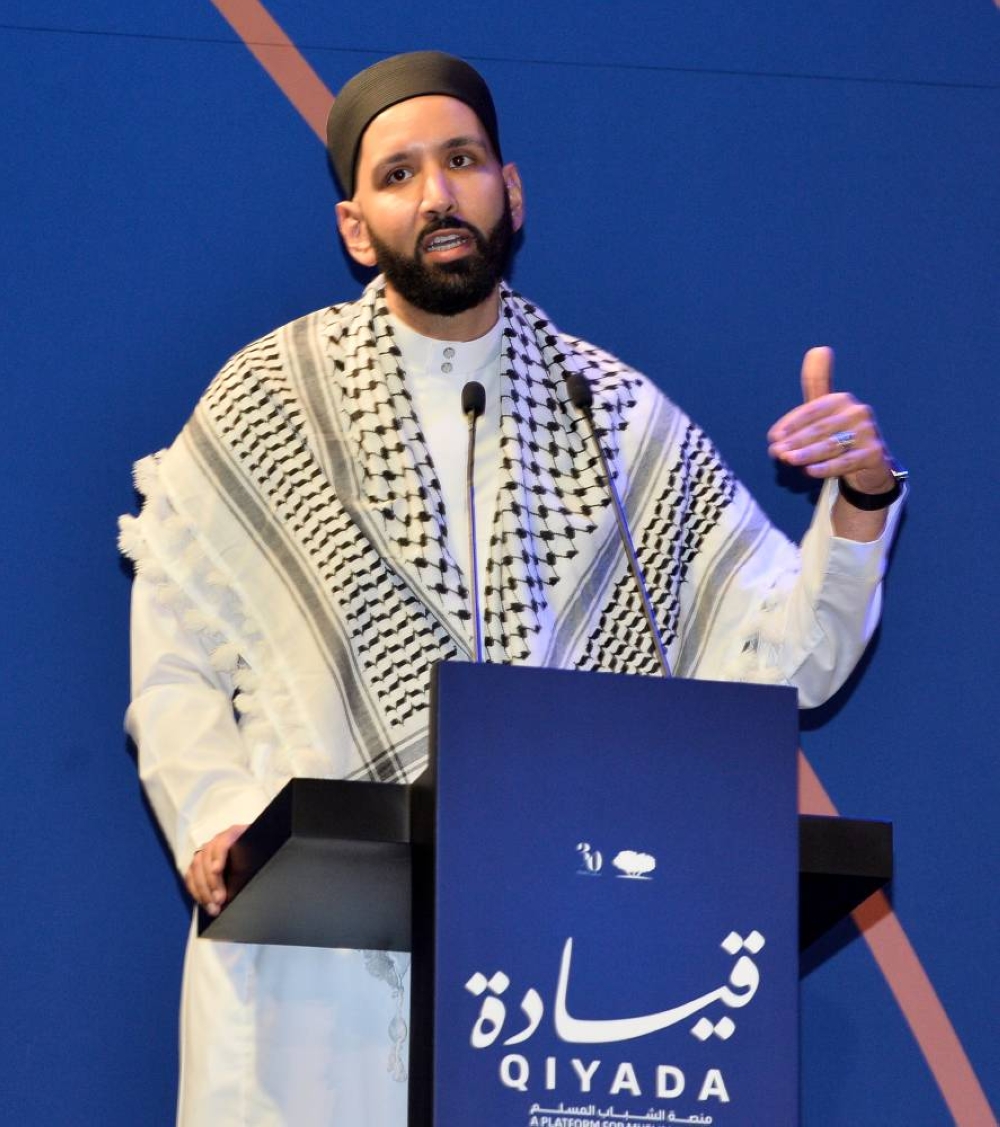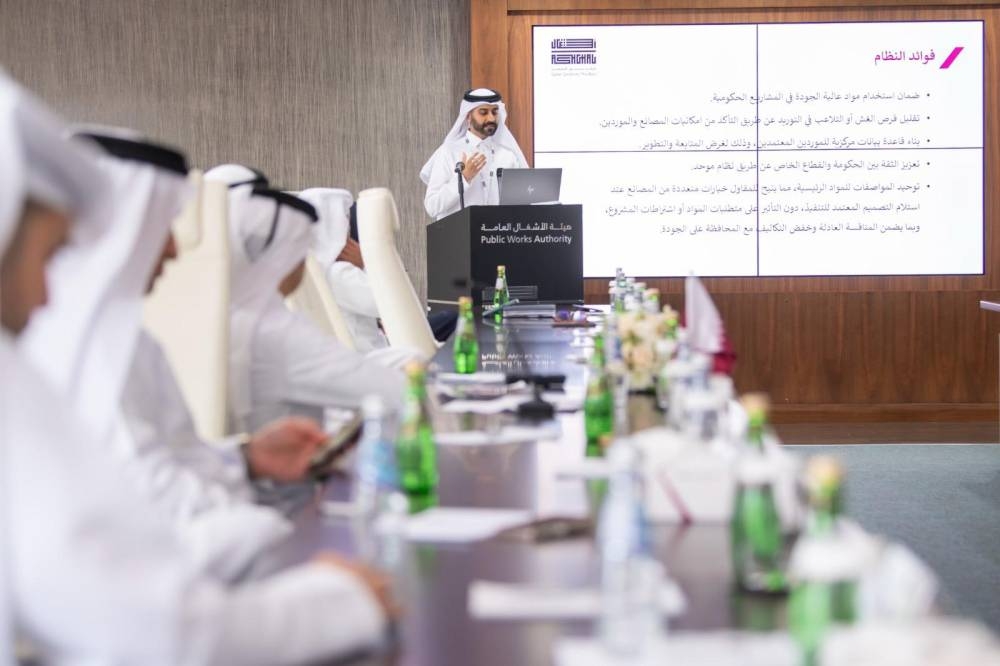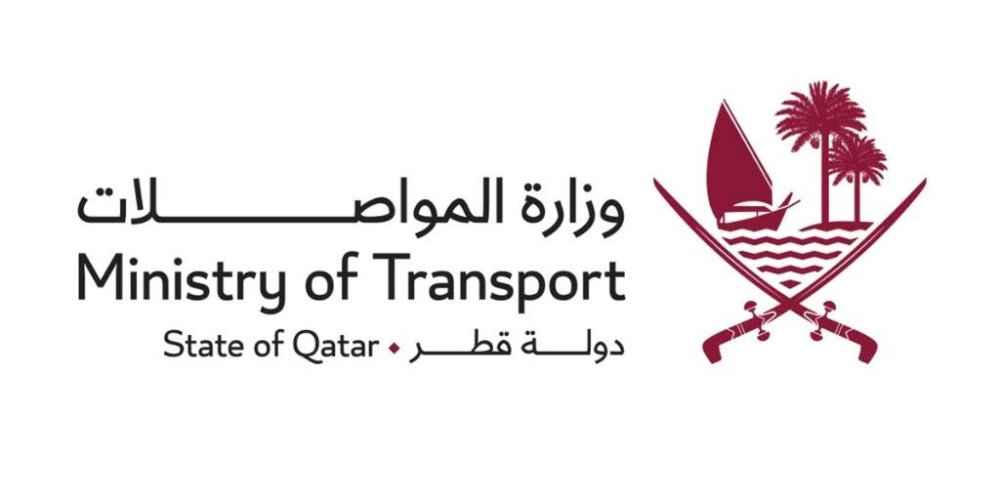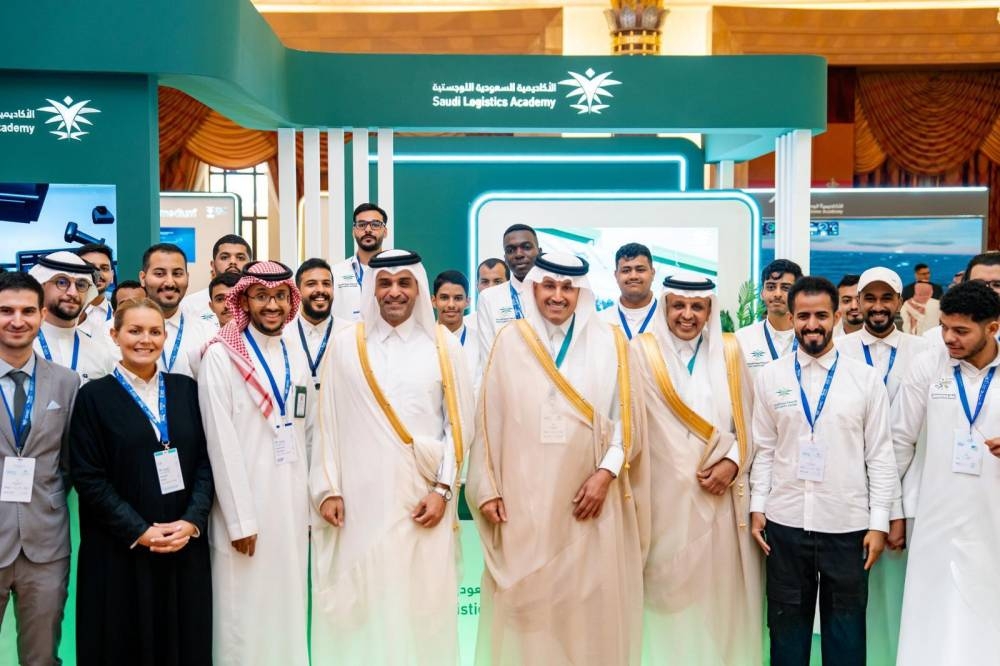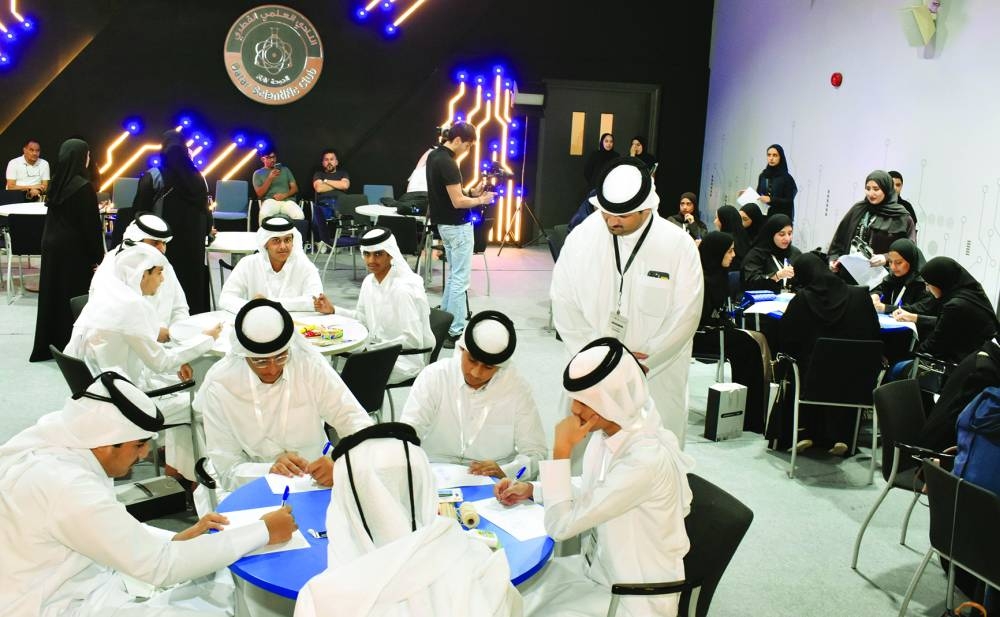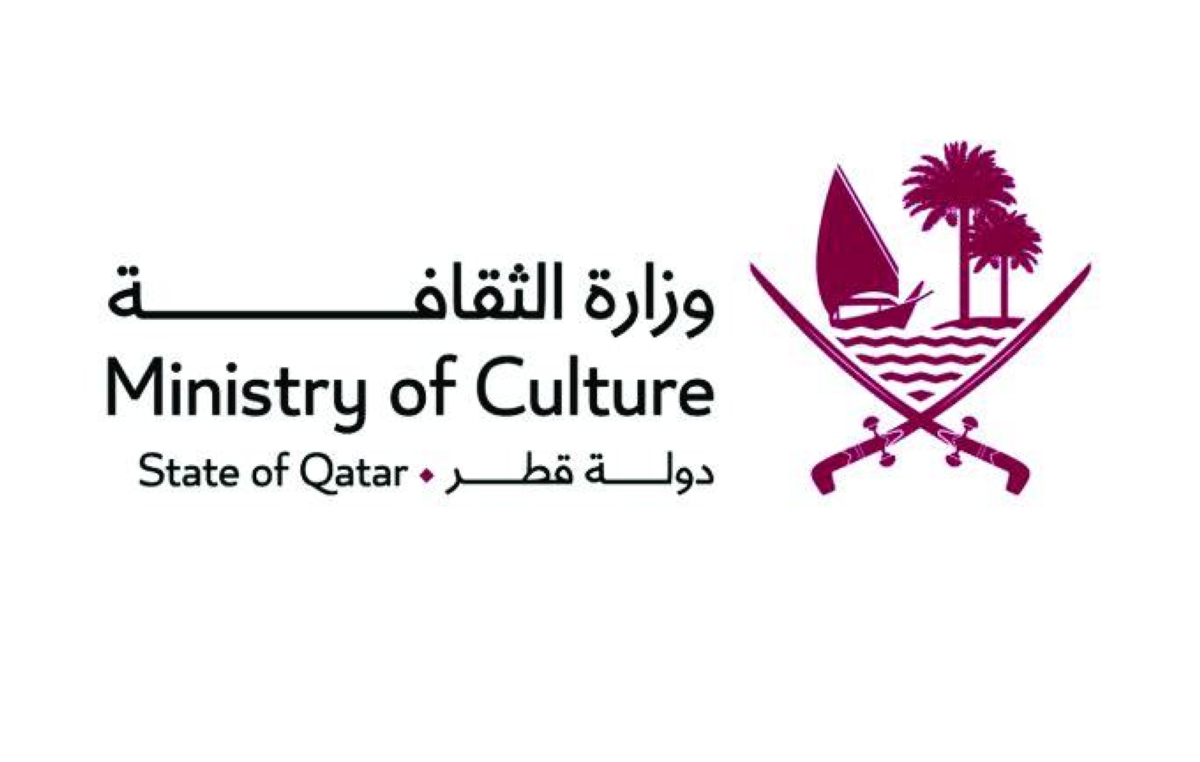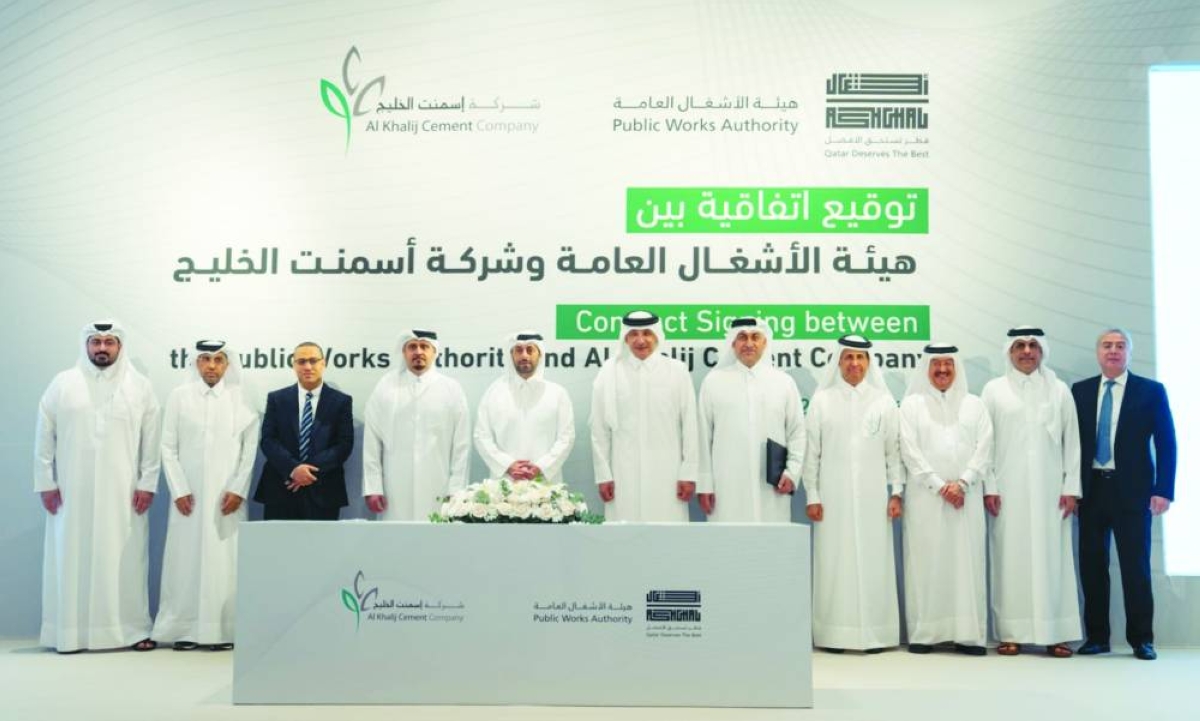The Qatar Islamic Youth Aspiration and Development Assembly (Qiyada) Conference Friday inspired the youth to become leaders and changmakers while exploring the challenges and collective solutions to change the world.While addressing the opening ceremony, renowned Islamic scholar Dr Omar Suleiman urged the youth: “You have to change every single element of your existence to inform your intention to change the world and to liberate the world from its place of superficiality,” the founder and president of the Yaqeen Institute for Islamic Research said.Organised by the Higher Education division at Qatar Foundation (QF), the two-day conference is held at Multaqa (Education City Student Centre) where it reflects QF’s commitment to empowering young people to become agents of change in their communities, open to the world, yet rooted in their identity and culture.The sessions engage the young participants in meaningful discussions on current global challenges and exploring innovative solutions that stem from their awareness and sense of belonging.Dr Suleiman called on the youth to become leaders by instilling values and get surrounded by inspiring people. “Don't accompany people who don't inspire you by their state and don't guide you with their words. Surround yourself with great people. Not just people that don't corrupt you, but people that actually move you to the next level,” he said.The Islamic scholar urged the young audience to embrace life’s trials as opportunities for spiritual growth, aligning themselves with the teachings of Allah. “There are people who turn pain into punishment and turn pain into perspective. The injustices in the world can either make you hard and can make you an excuse of that injustice or they can forge you into the leadership that is necessary to root out those injustices,” he said, asking the youth to turn the pain and hardships into ease for somebody else. “You take a blessing and you turn it into being a blessing for someone else,” he said and asked the youth to uphold the highest level of patience in crises.“Great leaders are formed in crisis. The greatest militaries have artificial drills constantly where they simulate a crisis for themselves. If you're in comfort, you force a crisis on yourself, not through harm, but through acts of worship,” he explained.The opening ceremony featured a welcome address by journalist Amjad al-Nour, followed by a poetic performance reflecting the aspirations and identity of Muslim youth in today’s world.Hend Zainal, executive director, strategy, management and partnerships within QF’s Higher Education division, said QF has been working to build an educational environment that encourages research, reflection and dialogue, grounded in openness of spirit and rooted in the values of our faith for three decades.Qatari academic and thinker Dr Nayef bin Nahar emphasised the need to engage the youth on major issues and not to succumb to social perceptions that they lack the maturity to address them while explaining how engaging with young people must be based on their intellectual capacity, rather than their age.“When seeking to be leaders, Muslim youth should adhere to the Qur’anic approach, which encompasses a system of values and success criteria based on morals, a sense of responsibility, and a sound personality,” he said."We have a real challenge in our societies, which is the gap between the teachings of the Holy Qur’an and what we practice on the ground,” he said. “This gap appears between the true Islamic value system, such as the concepts of gratitude, piety, a pure heart, and commitment to work, and what we practice in our daily lives, upon which we build our societies,” he added.Qiyada’s first day also featured workshops aimed at developing youth skills, enhancing spiritual and intellectual awareness and providing opportunities for networking and exploration, as well as exhibitions from QF entities.



